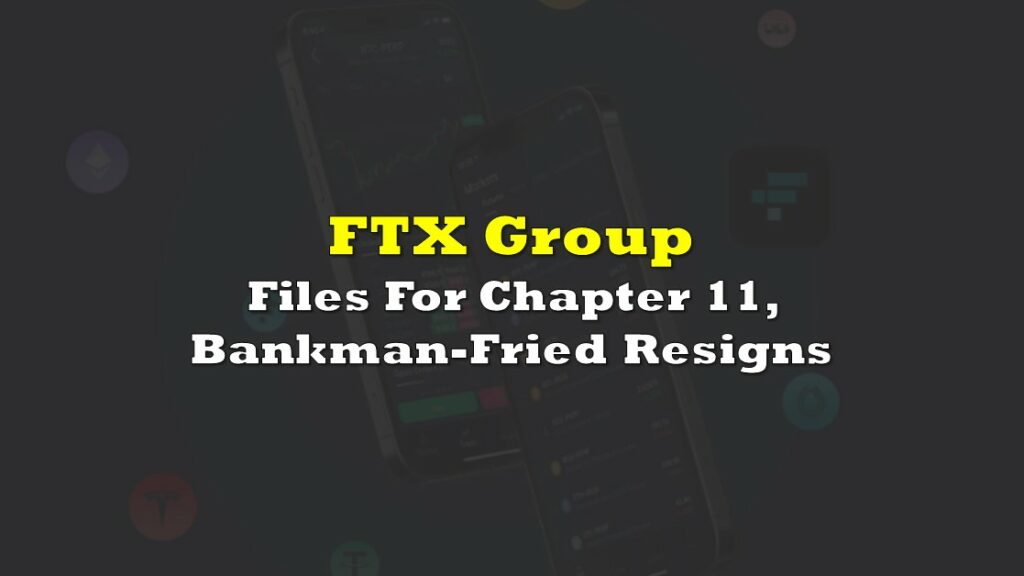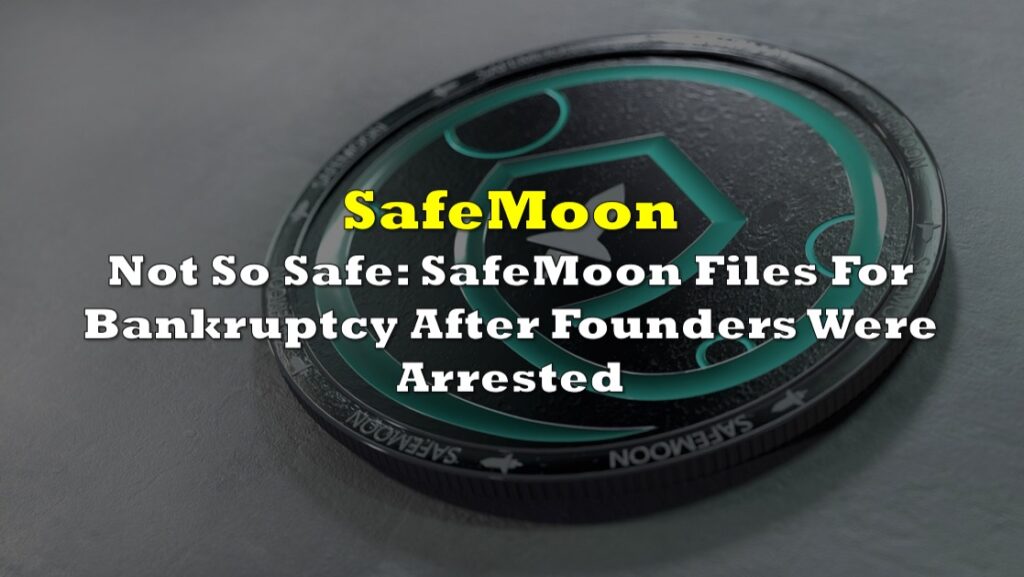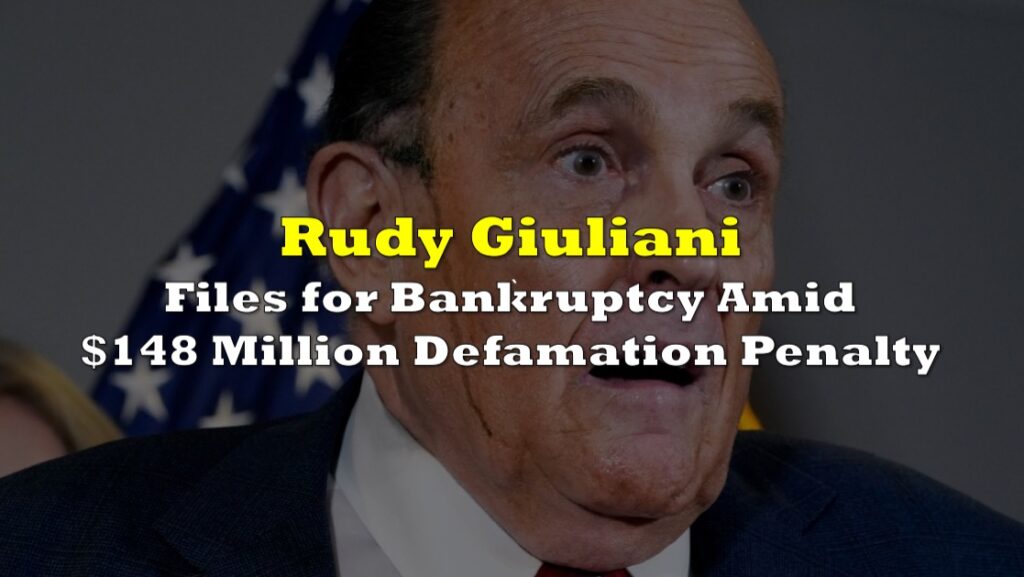Northvolt AB, the Swedish battery manufacturer once seen as Europe’s strongest contender in the global race for electric vehicle battery supremacy, filed for Chapter 11 bankruptcy protection in the United States on Thursday. This decision follows months of financial turmoil and failed attempts to secure critical funding to keep the company afloat.
The filing represents a significant setback for Europe’s efforts to establish independence from Asian battery producers, particularly those in China.
Founded in 2016 by Peter Carlsson, a former Tesla executive, Northvolt aimed to challenge the dominance of Chinese and South Korean battery manufacturers, promising to anchor the continent’s green energy transition. Despite securing more than $15 billion in investments, including from major corporations such as Volkswagen, Siemens, and Goldman Sachs, Northvolt’s ambitious vision has stumbled against a backdrop of operational issues, cooling EV demand, and fierce global competition.
Northvolt’s state-of-the-art factory in Skellefteå, Sweden, launched in 2021 to much fanfare, symbolized the company’s potential to lead Europe’s EV battery revolution. However, scaling production at the facility proved far more challenging than anticipated. The company faced repeated delays due to unreliable manufacturing equipment, logistical bottlenecks, and what insiders have described as an overambitious pace of growth.
In June, BMW, one of Northvolt’s high-profile clients, canceled a $2 billion contract, citing quality issues. This was a devastating blow for the company, which had already been grappling with financial instability. In response, Northvolt slashed its global workforce by 20%, replaced leadership at its flagship plant, and shelved plans for a second production line. Despite these measures, financial pressures only intensified.
Carlsson, speaking earlier this month, acknowledged the company’s dire situation, revealing that Northvolt needed more than $900 million in immediate funding to stabilize its operations. When a $300 million rescue package fell through during negotiations with lenders and customers, the company had little choice but to seek bankruptcy protection.
Chapter 11 Filing
The Chapter 11 filing, submitted in the Southern District of Texas, is intended to provide Northvolt with the breathing room necessary to restructure its debt and operations. The company has secured $145 million in cash collateral and an additional $100 million in debtor-in-possession financing from Scania, a subsidiary of Volkswagen. Northvolt emphasized that its Skellefteå factory would remain operational throughout the bankruptcy process, with continued deliveries to customers, payment of wages to employees, and fulfillment of obligations to critical vendors.
Despite these assurances, the bankruptcy filing represents a major blow to Northvolt’s credibility and to Europe’s broader ambitions for a self-sufficient EV battery industry. Northvolt’s subsidiaries overseeing planned factories in Germany and Canada will operate outside of the bankruptcy process, but their future remains uncertain as the parent company works to stabilize its finances.
Northvolt’s struggles are emblematic of broader challenges facing the EV battery industry in Europe and North America. While demand for electric vehicles has surged in markets like China, where EVs now account for half of all new car sales, growth has slowed considerably in Europe. Data from the European Union shows that EV sales in the region grew by just 1.3% in the first half of 2024, a stark decline from the 14.6% growth recorded during the same period in 2023.
This stagnation has left European battery manufacturers at a disadvantage compared to their Chinese counterparts. Companies like CATL and BYD have thrived, bolstered by a massive domestic market and substantial government subsidies. In contrast, Western manufacturers like Northvolt have faced rising costs, technological hurdles, and a lack of sufficient market scale to achieve profitability.
The challenges of battery manufacturing are significant. Producing high-quality cells requires precise engineering, pristine manufacturing environments, and access to scarce raw materials like nickel and cobalt. Even minor impurities can ruin entire production batches, costing companies millions.
Gene Berdichevsky, CEO of the advanced materials firm Sila, noted, “The world grossly underestimated how hard it is to make batteries. We are going to shake out to fewer players.”
Domino Effect
The fallout from Northvolt’s bankruptcy has raised alarm among its investors and governmental backers. Canadian pension funds, which had invested heavily in Northvolt through federal subsidies and equity stakes, are now facing significant write-downs. Critics, including financial analyst Steve Saretsky, have questioned the oversight of these public investments, arguing that governments should have exercised more caution before committing billions to untested ventures.
Swedish policymakers, meanwhile, have come under fire for refusing to intervene with a bailout. While the country’s center-right government has championed green energy initiatives, it has consistently opposed direct state intervention in private enterprises, even in strategically significant industries.
This hands-off approach has left Northvolt’s future in the hands of its private stakeholders, some of whom are already writing off their investments. A major investor, speaking anonymously to The Financial Times, described the situation as grim, stating, “We don’t see a pathway to profitability. This may just be the end of the road.”
Despite its current woes, some industry experts see potential for Northvolt to recover—if it can effectively restructure and refocus. Founding shareholder Vargas Holding AB expressed optimism, stating that the Chapter 11 process would “provide stability to turn around this challenging situation.” Others argue that the broader lesson lies in reevaluating how Europe competes in the EV battery market.
Celina Mikolajczak, Chief Battery Technology Officer at Lyten, suggested that Western companies should focus on developing alternative battery technologies rather than trying to compete head-to-head with established Chinese manufacturers.
“If you are going to play in that industry, you have to bring something that differentiates you,” she said.
Information for this briefing was found via The New York Times, Bloomberg, and the sources mentioned. The author has no securities or affiliations related to this organization. Not a recommendation to buy or sell. Always do additional research and consult a professional before purchasing a security. The author holds no licenses.









